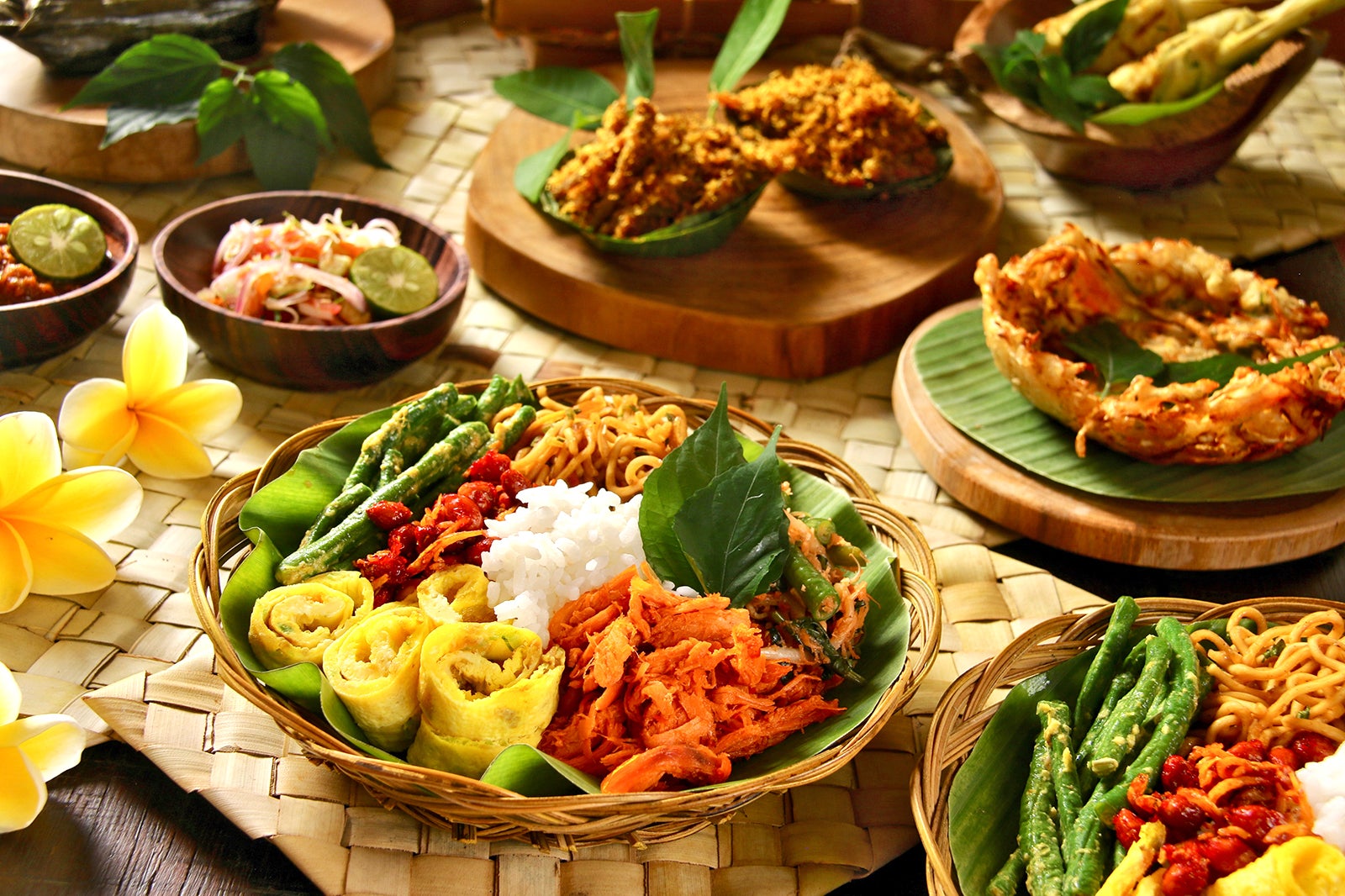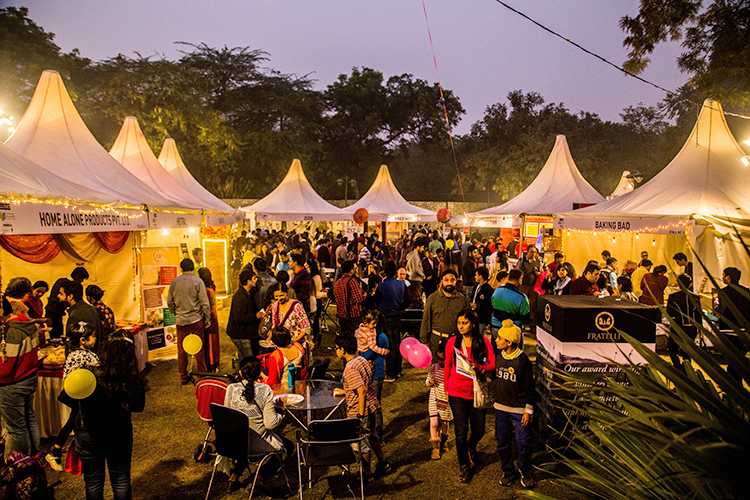Food festivals, culinary extravaganzas that tantalize taste buds and ignite cultural connections, have become a global phenomenon. From vibrant street food markets to grand gourmet gatherings, these events offer a unique blend of gastronomic delights, cultural immersion, and community spirit.
Food festivals are not just about satisfying appetites; they are platforms for showcasing culinary traditions, fostering local economies, and promoting sustainable food systems. Whether you’re a foodie seeking new flavors or a traveler eager to experience a destination’s culture, food festivals offer an unforgettable and enriching experience.
Food Festival Overview
Food festivals are culinary events that celebrate the diverse and delicious cuisines of a particular region or country. They offer a unique opportunity for food enthusiasts, culinary professionals, and the general public to come together and indulge in a variety of culinary delights.
Food festivals can be themed around specific cuisines, such as Italian, Mexican, or Asian, or they can showcase the local specialties of a particular region. Some festivals focus on a specific type of food, such as seafood, barbecue, or desserts, while others offer a wide range of dishes to satisfy every palate.
Cultural and Social Significance
Food festivals have significant cultural and social importance. They provide a platform for people to connect with their culinary heritage, explore new flavors, and celebrate the diversity of their food culture. Festivals also promote local businesses, support farmers and food producers, and contribute to the local economy.
Food Festival Planning and Organization: Food Festivals

Organizing a successful food festival demands meticulous planning and efficient execution. The process involves establishing a clear vision, securing funding, selecting vendors, managing logistics, and promoting the event effectively.
Roles and Responsibilities of Festival Organizers
Festival organizers bear the primary responsibility for the success of the event. Their roles include:
- Developing the overall concept and vision for the festival
- Securing funding and sponsorship
- Selecting and managing vendors
- Coordinating logistics, including venue, equipment, and staffing
- Promoting the event and attracting attendees
- Ensuring the safety and security of attendees and vendors
Importance of Vendor Selection and Management
Vendor selection is crucial for the success of any food festival. Organizers should carefully evaluate potential vendors based on their:
- Quality and variety of food offerings
- Experience and reputation in the industry
- Ability to meet the festival’s theme and standards
- Compliance with health and safety regulations
Effective vendor management ensures that vendors operate smoothly and contribute to the overall success of the festival. Organizers should provide clear guidelines, set up payment systems, and resolve any issues promptly.
Food Festival Marketing and Promotion
Food festivals provide an excellent opportunity to showcase local cuisine, support local businesses, and foster community spirit. Effective marketing and promotion are crucial for ensuring the success of any food festival.
Marketing Strategies
- Target Audience Identification:Define the specific demographic and psychographic characteristics of the target audience for the food festival.
- Unique Value Proposition:Highlight what sets the food festival apart from others and why attendees should choose to attend.
- Create a Marketing Plan:Develop a comprehensive marketing plan that Artikels the target audience, marketing objectives, budget, and timeline.
Promotional Campaigns
Successful promotional campaigns often involve a combination of traditional and digital marketing techniques.
Traditional Marketing
- Local Print and Broadcast Advertising:Use local newspapers, magazines, and radio stations to reach the target audience.
- Flyers and Posters:Distribute flyers and posters in high-traffic areas to generate awareness.
- Public Relations:Issue press releases to local media outlets to secure coverage of the food festival.
Digital Marketing
- Social Media Marketing:Utilize social media platforms like Facebook, Instagram, and Twitter to engage with potential attendees, share updates, and promote the festival.
- Email Marketing:Build an email list and send out regular newsletters to provide updates, offer exclusive deals, and drive ticket sales.
- Influencer Marketing:Collaborate with local food bloggers and influencers to generate buzz and reach a wider audience.
- Online Ticketing:Make it easy for attendees to purchase tickets online through a user-friendly ticketing platform.
Food Festival Operations and Logistics

Ensuring a smooth and successful food festival experience requires careful planning and execution of operational aspects, including vendor setup, crowd management, and safety measures.
Food safety and hygiene practices are paramount to prevent foodborne illnesses and ensure the well-being of attendees. Food vendors must adhere to strict guidelines regarding food handling, storage, and preparation to minimize risks.
Vendor Setup
- Designate clear vendor areas with adequate space for setup and operation.
- Provide electricity, water, and waste disposal facilities for all vendors.
- Establish clear guidelines for vendor setup times, booth dimensions, and product displays.
Crowd Management, Food festivals
- Anticipate crowd size and plan accordingly for crowd flow and traffic management.
- Implement crowd control measures such as barriers, designated walkways, and security personnel.
- Provide ample seating areas and shaded zones for attendees to rest and relax.
Safety Measures
- Establish clear emergency procedures and evacuation routes in case of an incident.
- Provide adequate first aid and medical support on-site.
- Ensure all food vendors have proper insurance and safety certifications.
Food Festival Impact and Legacy

Food festivals have a significant economic and social impact on local communities. They attract visitors from near and far, generating revenue for businesses and boosting the local economy. Food festivals also provide a platform for local farmers and food producers to showcase their products, promoting local food systems and supporting sustainable agriculture.
Community Development and Revitalization
Food festivals can contribute to community development and revitalization by bringing people together, creating a sense of place, and celebrating local culture. They can also attract new residents and businesses to an area, leading to increased economic activity and investment.
Promotion of Local Food Systems
Food festivals provide an opportunity to promote local food systems by connecting consumers with local farmers and food producers. This can help to increase the demand for local products, support sustainable agriculture, and reduce the environmental impact of food production.
Support for Sustainable Agriculture
Food festivals can support sustainable agriculture by showcasing innovative farming practices, promoting organic and sustainably produced foods, and educating consumers about the importance of food sustainability. This can help to raise awareness of the environmental and social benefits of sustainable agriculture and encourage consumers to make more informed choices about the food they eat.
FAQ Overview
What are the different types of food festivals?
Food festivals vary widely in size, scope, and cuisine focus. Some popular types include street food festivals, gourmet food festivals, ethnic food festivals, and food and wine festivals.
How do I find food festivals near me?
There are several ways to find food festivals near you. You can check local event listings, search online databases, or follow food bloggers and enthusiasts in your area.
What are the benefits of attending food festivals?
Attending food festivals offers numerous benefits, including sampling a variety of cuisines, discovering new flavors, supporting local businesses, and immersing yourself in different cultures.
